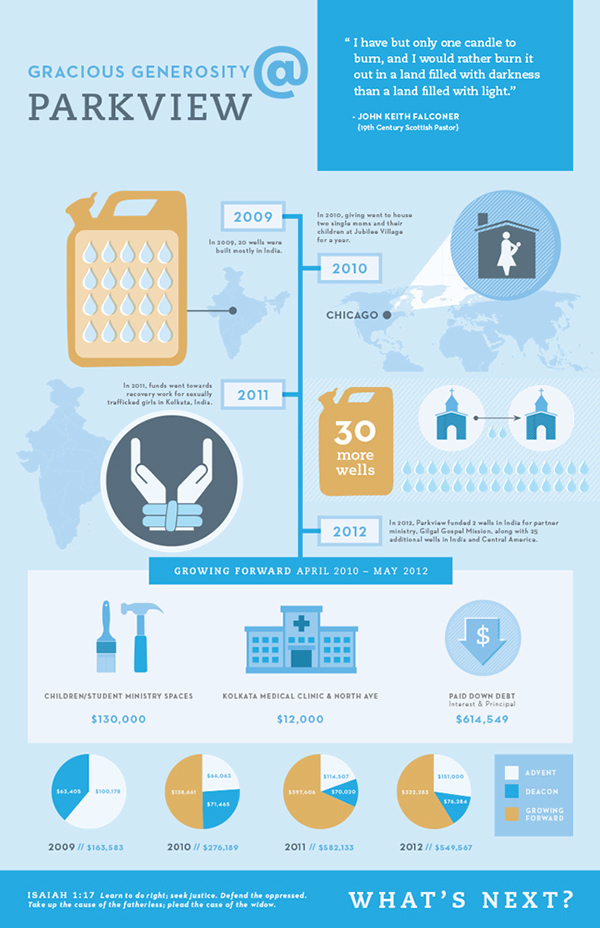Catholic Education And Learning And Social Justice: Informing For A Promising Tomorrow
Catholic Education And Learning And Social Justice: Informing For A Promising Tomorrow
Blog Article
Short Article Produced By-Richard Russell
In Catholic education and learning, you're not simply finding out realities; you're being shaped as a person committed to social justice. This strategy urges you to recognize the self-respect of every individual and to advocate for those who are often unheard. By integrating these worths right into your curriculum, you're placed to make an actual impact. But just how precisely does this education translate into purposeful activity in your neighborhood? The response may surprise you.
The Foundations of Catholic Education And Learning and Social Justice
As you discover the structures of Catholic education and learning and social justice, you'll locate that these 2 principles are deeply intertwined.
Catholic education and learning stresses the intrinsic self-respect of everyone, rooted in the belief that all are created in God's photo. This point of view promotes a feeling of neighborhood and obligation towards others.
It encourages you to identify social oppressions and respond with concern and action. The trainings of Jesus Christ inspire you to promote for the marginalized and susceptible, reinforcing the concept that education isn't just about scholastic success; it has to do with developing a simply culture.
Integrating Social Justice Into the Educational program
Incorporating social justice into the curriculum changes education into a powerful device for modification. You'll motivate students to assume critically concerning societal issues, promoting compassion and a feeling of responsibility.
By weaving social justice styles right into topics like history, literary works, and scientific research, you produce a more relevant and engaging learning experience. Talking about real-world troubles helps students connect their researches to the area, inspiring them to take action.
Incorporating varied viewpoints enriches conversations and cultivates understanding among peers. https://www.episcopalnewsservice.org/2021/03/18/for-asian-american-episcopalians-atlanta-shootings-are-the-culmination-of-a-long-history-of-racism/ and collective assignments can encourage pupils to check out services to local and international obstacles.
Ultimately, this combination not only grows their understanding yet also shapes thoughtful individuals ready to advocate for justice and equity in society.
Neighborhood Interaction and Solution Opportunities
Engaging with the community through solution chances improves the lessons learned in the class. When you join regional efforts, you'll experience firsthand the influence of social justice principles. Volunteering at food financial institutions, shelters, or community clean-ups permits you to apply your understanding and values outside college wall surfaces.
It promotes a sense of obligation and empathy, linking your education to real-world issues. Furthermore, read the full info here assist you develop relationships within your neighborhood, enriching your understanding of varied viewpoints.
You'll find the relevance of partnership and teamwork while working along with peers and neighborhood participants. By dedicating your time and skills to service, you'll not only grow directly however likewise add to producing a simply and thoughtful society.
Final thought
Finally, Catholic education empowers you to embrace social justice and foster a feeling of community obligation. By incorporating these worths into your discovering and engaging in solution opportunities, you'll develop vital thinking and compassion. This trip not only forms you as a specific however additionally furnishes you to be a leader devoted to developing a more simply and fair society. Together, let's devote to constructing a far better tomorrow for everyone.
